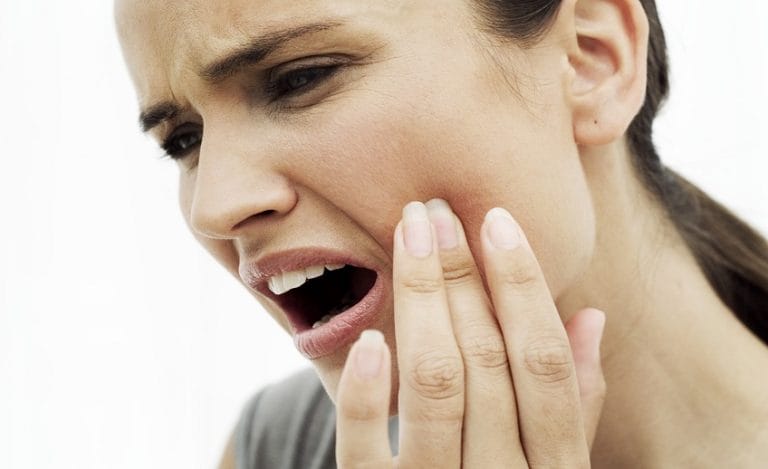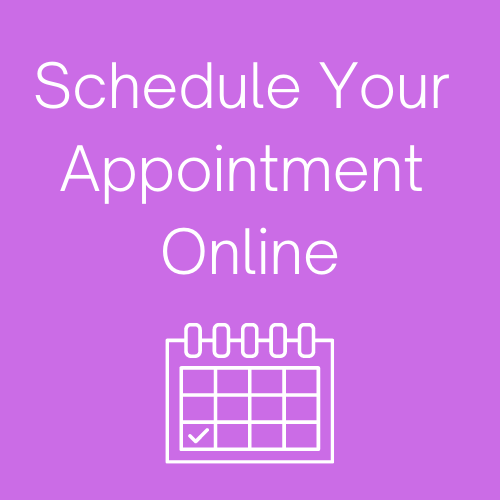You could deal with a dental emergency at any time, but you need to know what to do when it happens. If a dental emergency should arise, contact 3V Dental immediately. We provide immediate dental emergency service in Port Washington and surrounding local Long Island communities. Some emergencies are worse than others, and that is why you should use these tips to protect yourself before you get to the doctor.
Respond To The Emergency First
You should call your dentist when you experience a dental emergency, but you also need to deal with the emergency as it is happening. You can provide yourself with immediate care that will make the pain and discomfort easier to manage, and you can even wait for the dentist to open the next day when needed.
When responding to your emergency situations, you should try to ice the area, pack the area with gauze or tissue, flush your mouth with water, and try not to irritate the area. You can take over-the-counter pain medication for some quick relief, and you should try to rest.
Follow Your Dentist’s Orders
When you call or contact the 3V Dental office, our team can provide immediate instructions. We will do our best fit you into our schedule. If you have an after hours dental emergency, we will advise on the best pat forward depending on the situation.
Common Dental Emergencies
These common dental emergencies happen every day, and many of them do not require immediate care. You can see the dentist the next day or that week when you have time for an office visit:
- Broken tooth
- Broken crown
- Loose filling
- Lost or loose veneer
- Broken bridge
- Cracked dentures
- Abscesses
- Intense toothaches
- Lockjaw
If you have broken a tooth or a crown, you can wait until you see the dentist to get treatment. You should make certain to flush your mouth with water and pack the area with gauze if it is bleeding. Otherwise, you should try to eat on the other side of your mouth. If you have lost a tooth, you can pack the area with gauze until you see the dentist, and you can remove your dentures to prevent further cracks. IF you lose a veneer or it is loose, you should try to peel it away carefully. If it does not move, you need to come to the office immediately.
Intense toothaches, abscesses, and lockjaw should be treated right away. You can ask the office for a time to come in, and they might fit you into their schedule that same day. Broken bridges might present a problem if you can feel the appliance moving in your mouth. Ask when you can be seen so that you do not need to eat around the bridge or try to remove any broken pieces.
Calming Children Who Have Dental Emergencies
There are times when your children need attention because they have a broken tooth or their mouth is bleeding. You can use these tips to help your kids when they are scared and their mouth is bleeding. You should have their wash out their mouth, and you can help them pack the bleeding area with a tissue. Kids do not need to come to the office if they have lost a tooth, and you can tell them about how you lost your teeth when you were a kid.
If your child has broken a baby tooth, they can have it repaired in the office. These teeth will eventually fall out, but the office can help your kids have a normal smile until that happens. If something happens to your child’s permanent teeth while they are still young, you can work with the office to schedule a cosmetic procedure when the child is old enough.
You can use children’s medication to help them relax if they feel any discomfort. This might be the easiest way to help them calm down after a traumatic experience.
What Do You Do If You Are Out Of Town and Not Close to Our Port Washington Dental Office?
When you are out of town, you can call the phone number on the back of your insurance card to get information on local dental offices. In some cases, the nurse line or concierge service can call the office for you. If not, you can call the office, tell them why you are in town, what the problem is, and ask for help. This is the best way to get the care you need because you should not try to travel home while experiencing any serious pain or discomfort.
If you must go to an office in a city you have never visited, you should ask the office for directions. They can tell you the best way to get there, and you might want to use a ride-sharing service to get there. Ask the office to give you a treatment that will help you get home. They can send your records to your regular dental office back home, and you can follow up with the people you know when your trip is over.
If you are in a foreign country, you should contact their national health service. Most developed nations have a national system that provides medical care to the public. You can reach out to their system for help, and they can refer you to someone who can see you the same day. You should be prepared to pay their out-of-network costs, but many of these systems keep their costs very low.
Some Emergencies Are Symptoms Of Other Dental or Oral Conditions
You may notice that your teeth hurt or your mouth feels odd because you are getting sick. You should consider the other medical conditions that you might be dealing with before calling an emergency hotline. There is quite a big difference between someone who has a chipped tooth or a broken filling and someone who is simply getting the flu or a head cold. You can use over-the-counter medication to handle most of these symptoms, and you can call the dental office only when you think the situation is not getting any better.
Nothing feels worse than spending money on a visit that you did not need. You do not want to turn your life upside down unless you know that you have a major problem.
Conclusion
You need to seek medical attention the moment you realize you have a problem with your teeth. You can go to the office that you visit twice a year, or you can call your insurance company to find an office that is near your location. Try to take a deep breath, wash your mouth out with water, and pack the bleeding area with gauze. You can take over-the-counter medications for the pain, and you can call the office for assistance. You can get on the schedule that day, or you can wait until the next day if the problem is not serious. You can take the same approach when you are out of town or offering your children some relief.



